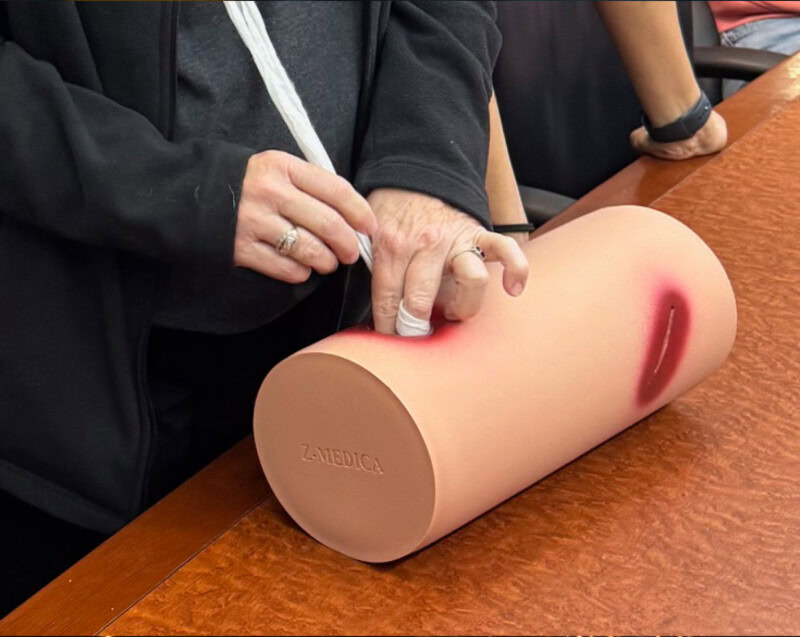Over the past 10 months, the scientific community’s knowledge of COVID-19 has rapidly expanded. As health recommendations have evolved, the general public has often been left wondering what precautions are needed to keep them safe. To help, CTEH’s experts are sharing the latest science-based information available:
Misconception: Masks will not protect us against COVID-19.
Fact: The CDC says, “COVID-19 is thought to spread mainly through close contact from person to person, including between people who are physically near each other (within about six feet).” The health agency recently updated its guidance to note COVID-19 can sometimes spread through “small droplets and particles that can linger in the air for minutes to hours.” That’s why, along with practicing social distancing and good hygiene habits, the CDC recommends wearing approved cloth face coverings.
Misconception: Individuals can only catch COVID-19 from close contact with a symptomatic individual.
Fact: According to the CDC, “people are more likely to become infected the longer and closer they are to a person with COVID-19.” However, there are uncommon circumstances, including in poorly ventilated or enclosed spaces, where transmission can occur from more than six feet away. To slow the spread of COVID-19, health experts encourage individuals to maintain distancing, wear a mask, frequently wash their hands, regularly clean touched surfaces, and stay home when sick.
Misconception: Individuals are only contagious once they begin showing symptoms.
Fact: As the Harvard Medical School reported, “Emerging research suggests that people may actually be most likely to spread the virus to others during the 48 hours before they start to experience symptoms.” To protect against unknowingly infecting others, individuals should follow current COVID-19-related CDC health and safety guidelines.
Misconception: Americans can get vaccinated against COVID-19 this winter.
Fact: Unfortunately, public health leaders have said it is highly unlikely a vaccine will be administered to the general public this winter. If an FDA-approved vaccine is available at the end of the year, Dr. Moncef Slaoui of Operation Warp Speed, the U.S. government’s vaccine initiative, said certain groups (e.g., health care workers) would be prioritized. To help protect themselves in the meantime, officials continue to stress good hygiene, social distancing, and cloth face coverings.
Have additional questions about how to interpret or implement current COVID-19 guidance? Contact us at webquestion@cteh.com.
Any scientific or medical information included in this article is current as of the date of publication; however, public health knowledge of COVID-19 is rapidly developing. Readers are advised to monitor national, state and local public health agencies for current recommendations regarding any infectious disease.




